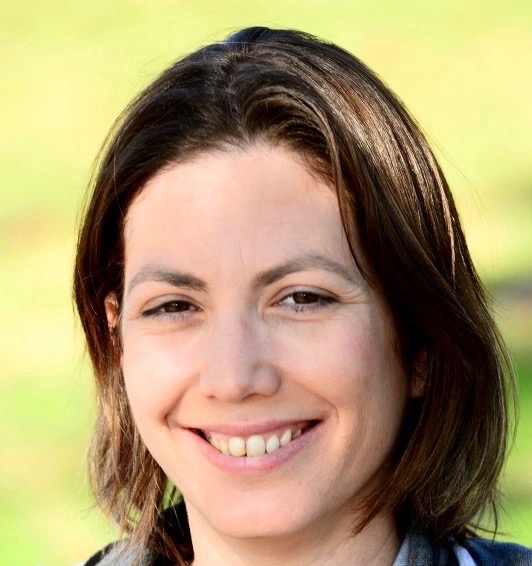Child-Driven Learning
[caption id="attachment_299" align="aligncenter" width="300"] Photo Credit: Lucélia Ribeiro[/caption]
Photo Credit: Lucélia Ribeiro[/caption]
When I was in university, I worked in an underdeveloped neighbourhood in south Tel Aviv. One of the girls I worked with was living with her 6 brothers and sisters and her mom in a one-bedroom apartment. Her dad was “away”, which turned out to be in prison. She was a shy and serious little girl, who liked to play outside, so we mostly did that – we went to the little park together (it was not safe for her to be there by herself, and her mom couldn’t take her because she was working). The park was the size of a big house in a North American suburbs, the sand floor littered with cigarettes and used needles. But it was the only one they had, so we went there to swing, climb, and just run around. She did most of the running, of course. We often went with other guides like me along with “their kids”, and let everyone run around – they were not getting much of that typically.
After the park, we would go back to the “clubhouse” and do homework. This girl did not know how to read, and how could she learn? She had no books at home, and limited access to books at school. I wish this was one of those inspiring stories, and that I could have told you she was doing much better at the end of the year because of the one-on-one attention and the great work we did. But she didn’t. If anything, the lag between her and her peers grew, and she fell even more behind. What we did was not enough. Not good enough. I feel sad every time I think of her.
That’s why stories like Sugata Mitra’s hit particularly close to home for me. He showed (and published) that children could learn to use computers without any kind of instruction. He also showed that children can learn really complicated things if you give them a computer and access to the Internet. He calls this “Self-Organizing Learning Environment” (SOLE). They give children computers and access to the Internet, ask a question (for instance, “did dinosaurs really exist?” or “what is the structure of DNA?”), and then stand back to encourage and admire the children’s work.
My first thought upon seeing Mitra’s TED talk (it’s really worth watching) was: “I want to do this in MY class”. I’m going to teach a second-year introduction to developmental psychology course in the coming academic year (very excited about it!), and I would really want to get my second-year university students on par with 8-year-olds from New Delhi. However, I think that the department is not going to go for it, especially on my first time teaching this course. I’m going to build some credit first, and then try it. In the meantime, if you have an elementary-school child, I recommend looking into the SOLE program. Personally, I can’t wait until my kids are old enough for us to go on adventures and discoveries on the Internet.
